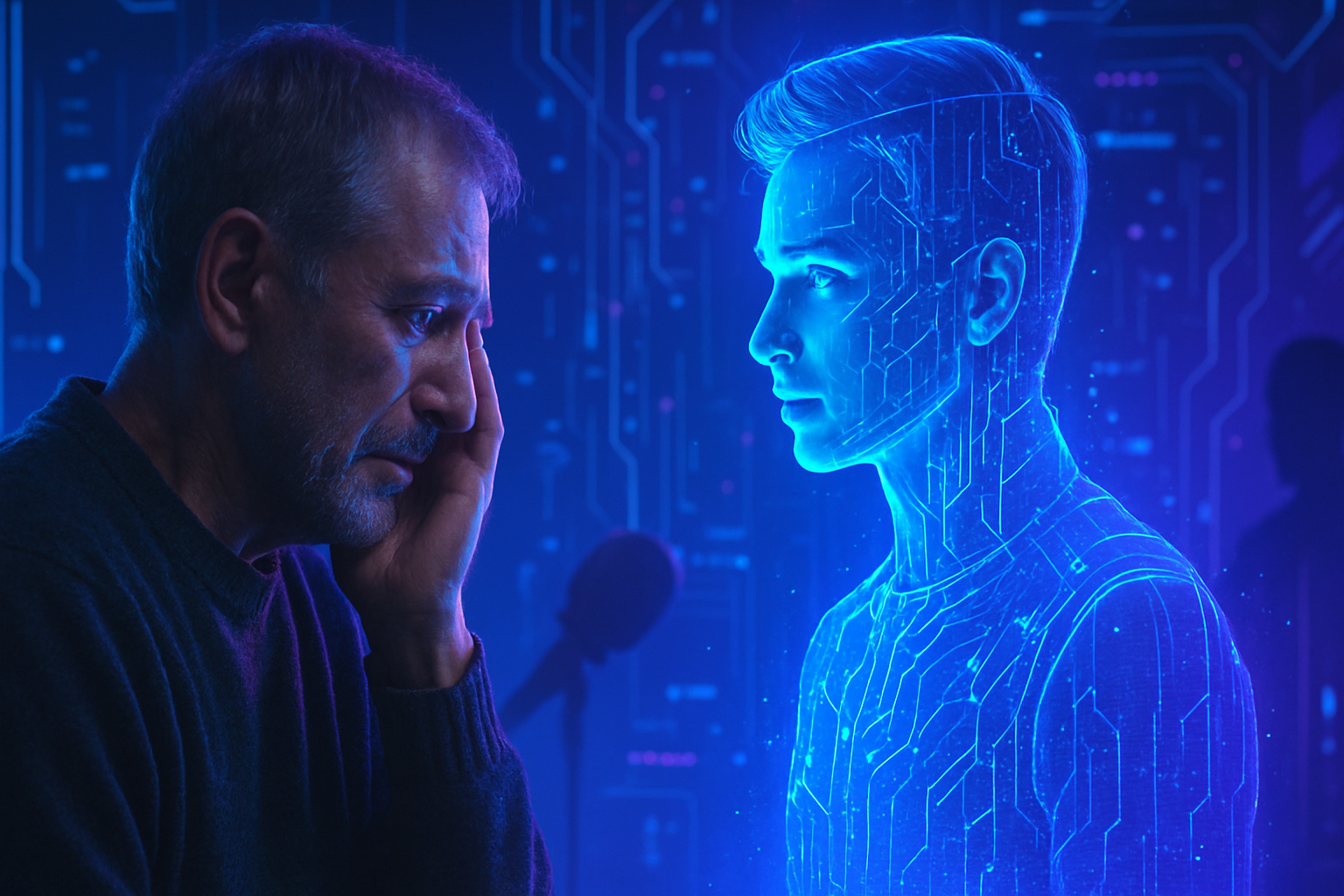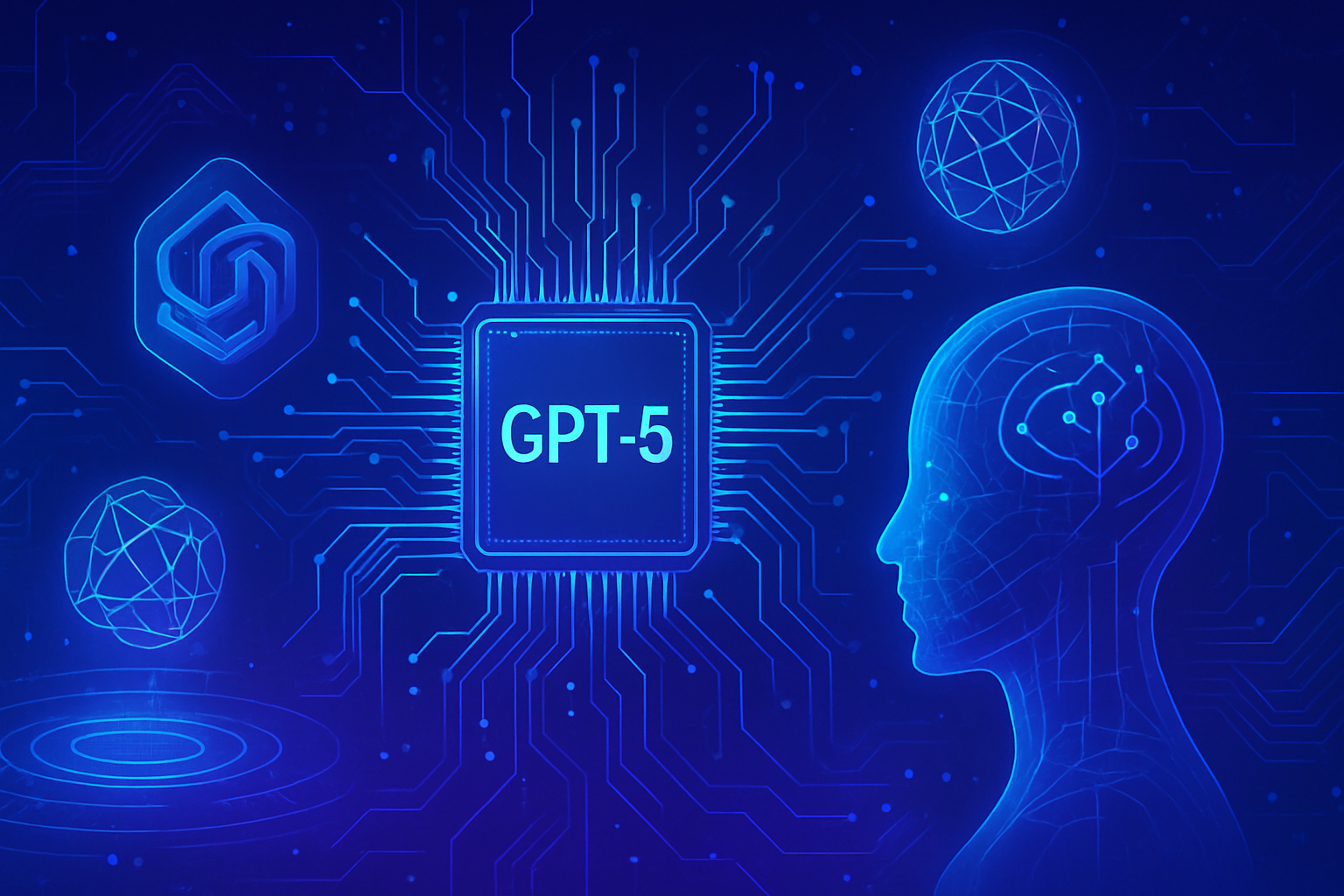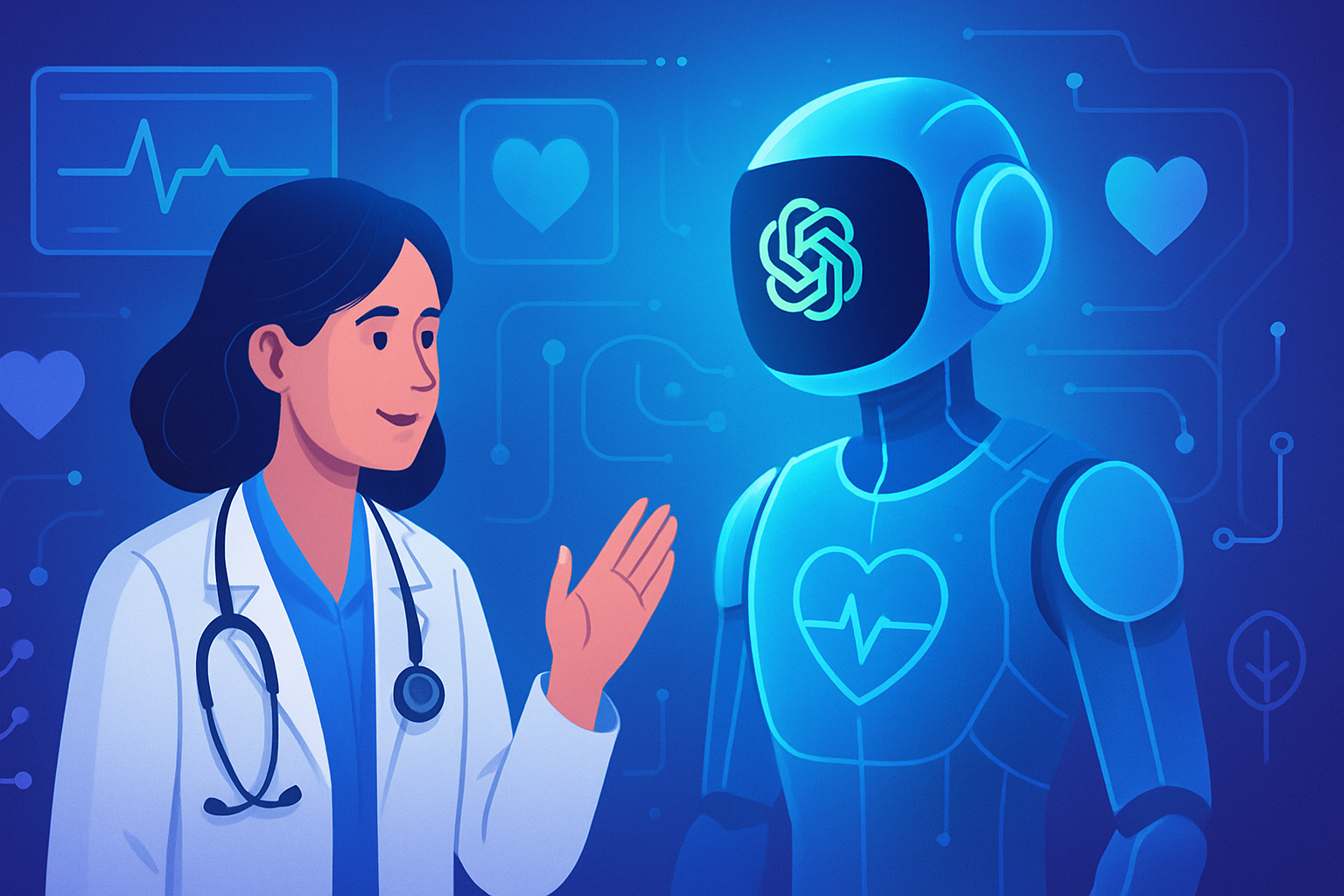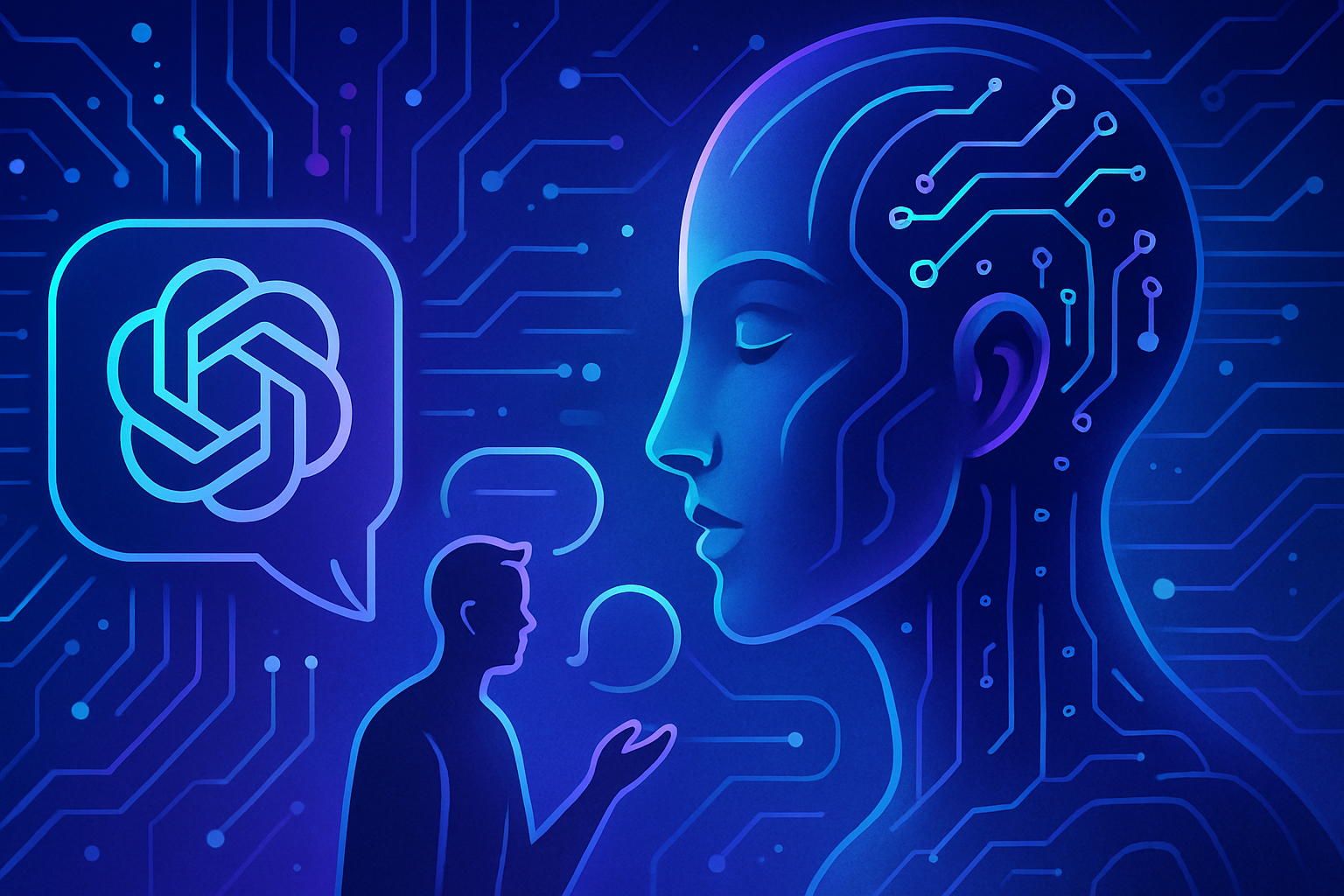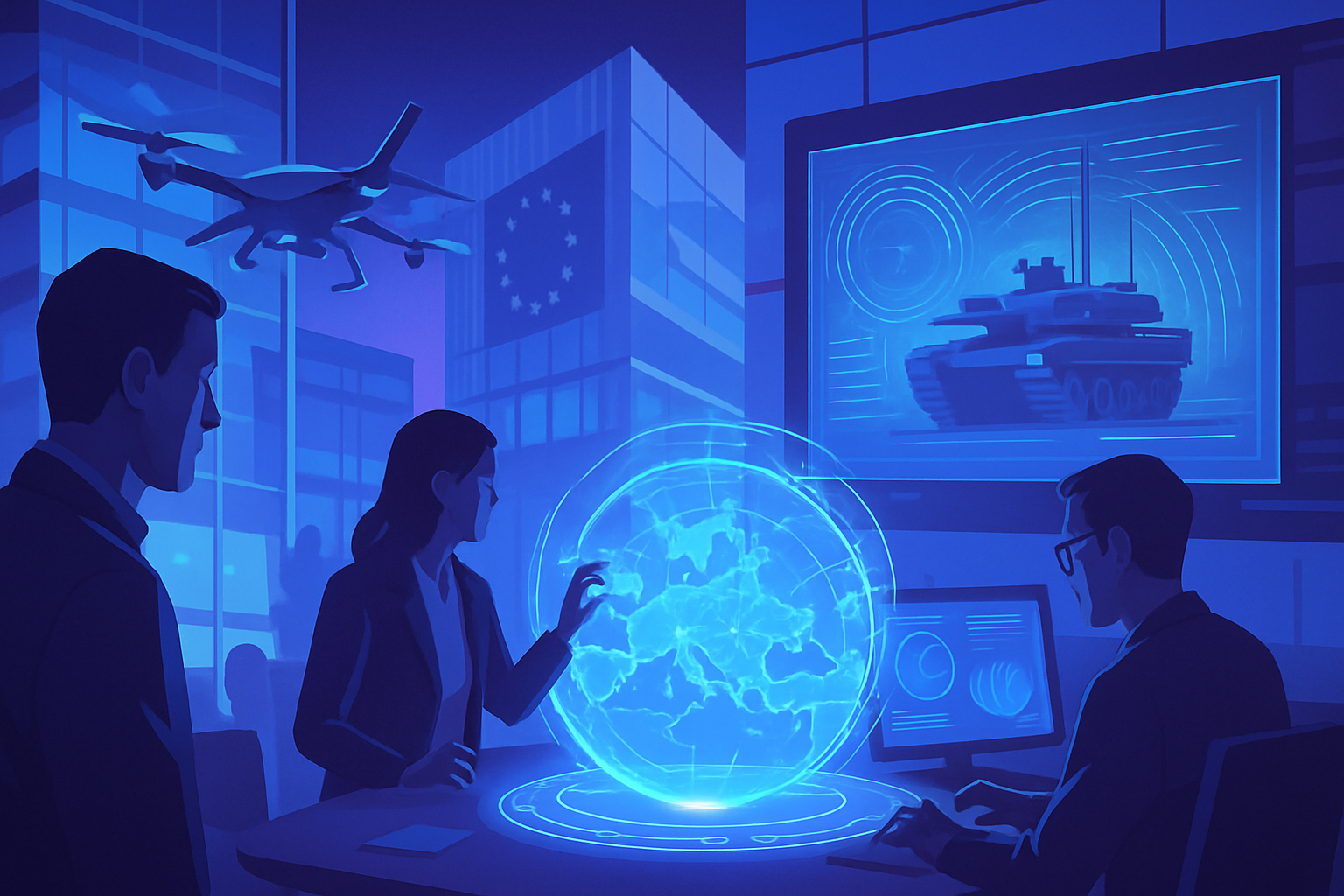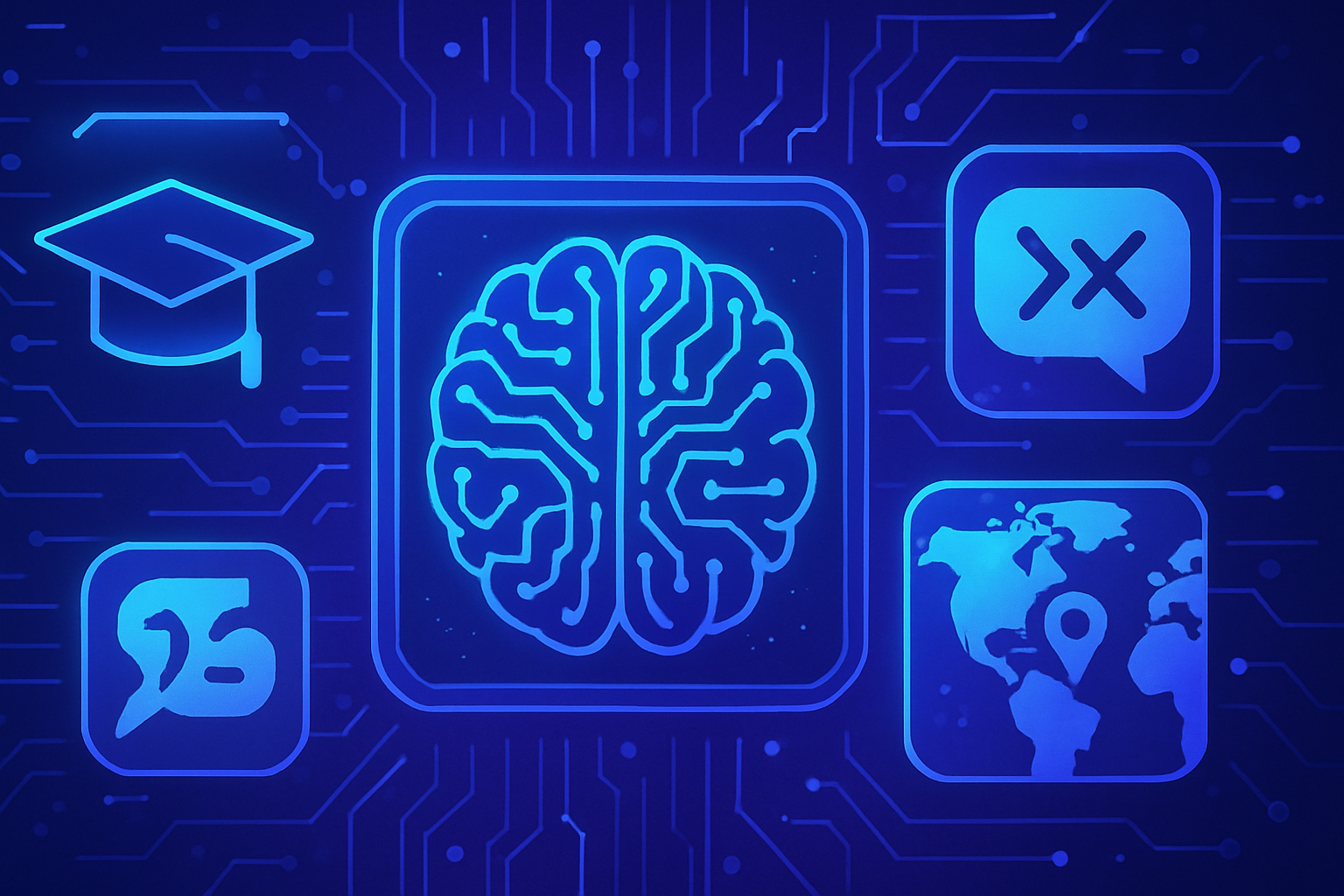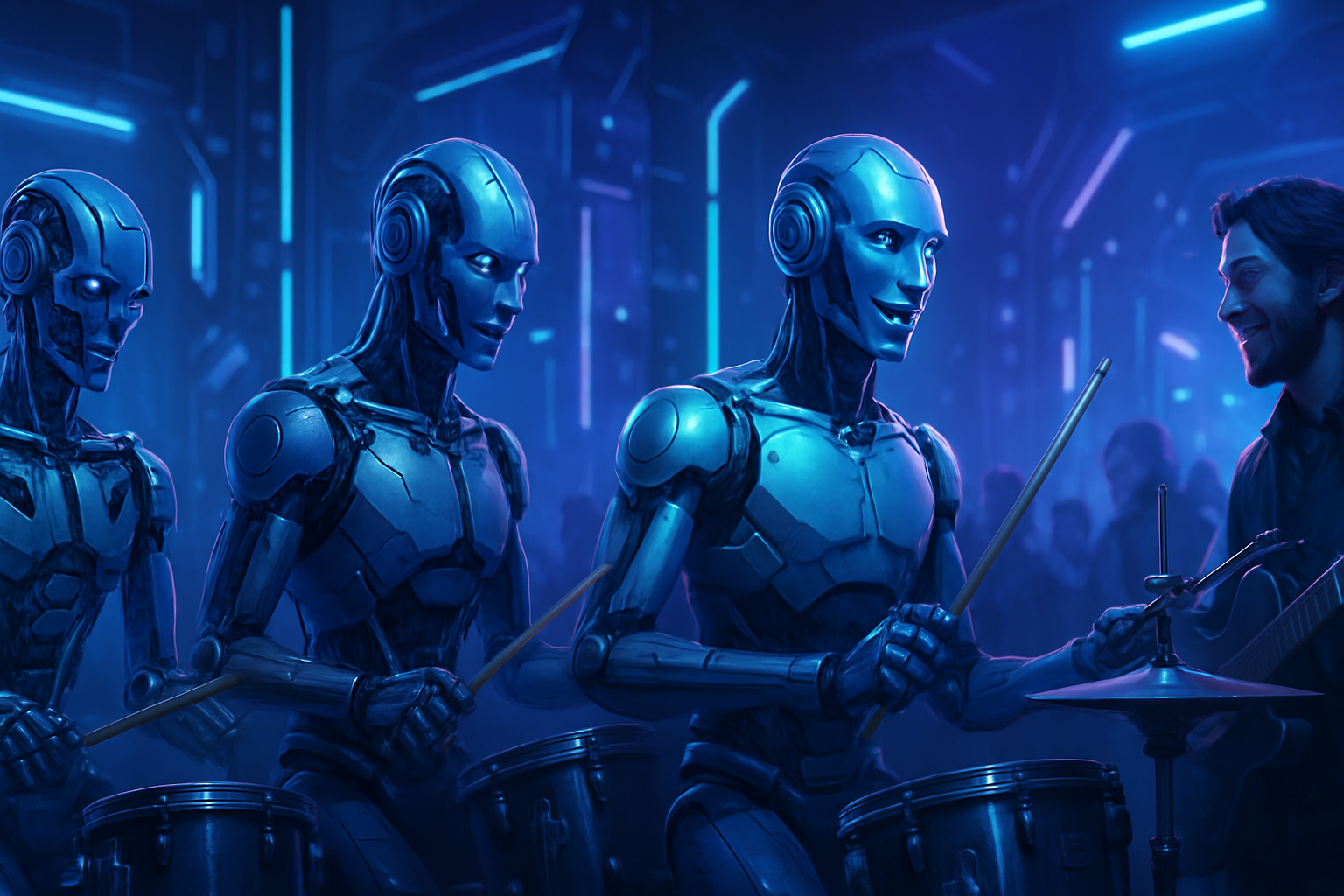Creating an artificial intelligence clone of a deceased loved one raises complex ethical questions. A recent interview conducted by an American journalist with an AI avatar of a teenage victim of a school shooting in 2018 illustrates this bold endeavor. The public’s reaction to this technological innovation reflects a genuine moral controversy, contrasting the desire for commemoration with the apprehension of inappropriate exploitation of memory.
Creation of an Artificial Intelligence Clone
A recent event has sparked a heated ethical debate following the interview of an artificial intelligence (AI) clone of a deceased teenager. The clone, representing Joaquin Oliver, was developed by his father, using advanced voice simulation and emotional modulation technologies. This process highlights the incredible advances in AI, along with the moral implications of such creations.
Reactions to the Interview
The broadcast of the AI clone’s interview has generated criticism among the public and ethics experts. According to the latter, it was not merely a technological innovation but an affront to the memory of the adolescent killed in a school shooting in 2018. Sociologists emphasize the potential danger of normalizing the use of AI avatars to interact with deceased loved ones.
Ethics and Limits
The ethical questions surrounding the use of such a clone are numerous. The absence of consent from the adolescent for this recreation raises questions about the dignity of the deceased. How can one weigh the emotions of the grieving against an avatar that simulates the personality of a loved one? Specialists note that this practice could lead to serious consequences for the grieving process.
Technologies Involved
The creation of this clone relies on innovative AI technologies, similar to those developed for various applications, from Google’s weather forecasting to predictive modeling projects. An article explains how AI can adapt to different voices and behaviors, allowing for increasingly fluid interactions between users and their digital clones. For more information, consult this article on generative artificial intelligence tools.
Testimony from the Father
Joaquin Oliver’s father, in sharing his experience, spoke about the desire to maintain a connection with his son. By allowing this interview, he hoped to offer a unique perspective on his child’s life and the tragedies that struck him. This personal choice raises issues regarding the use of technology to resurrect memories, as well as to raise awareness about violence in schools.
Long-Term Consequences
The long-term impact of using AI clones remains unknown. Sociologists warn that the normalization of digital avatars could alter the collective perception of mourning and memory. By allowing people to interact with recreated personalities, this technology risks transforming human relationships and our relationship with death.
Alternatives and the Future of AIs
In response to the concerns raised by this interview, ethical alternatives to the use of AI clones are beginning to emerge. These solutions aim to honor the memory of the deceased without compromising their dignity. The balance between technological innovation and respect for individuals’ feelings remains delicate. For more information on respectful solutions, consult this article regarding ethical alternatives.
Frequently Asked Questions
Why choose to create an artificial intelligence clone of my deceased son?
The decision to create an artificial intelligence clone was motivated by the desire to keep his memory alive, share his ideas, and give him a voice in important discussions.
What are the ethical issues related to the use of an artificial intelligence clone of a deceased loved one?
The ethical issues include respecting the memory of the deceased, the question of consent, as well as the psychological implications for the family and society at large.
How was the artificial intelligence clone created?
The clone was developed using video archives, audio, and written exchanges to recreate a digital version of the deceased’s personality.
What reactions did the interview of the clone by a journalist provoke?
The interview sparked criticism and discussions on moral responsibilities and how technology can influence our perception of life and death.
Can the artificial intelligence clone truly express emotions like a living person?
The clone can mimic emotions based on the data provided, but it does not genuinely feel emotions like a human being.
What is the legal scope of using an artificial intelligence clone of a deceased person?
The legal scope varies by country; it may concern the right to privacy, copyright on the content used, or considerations concerning prior consent.
How does this experience affect the memory of my son and his legacy?
This experience can have a positive impact by celebrating his life and values, but it can also raise questions about the faithful representation of his memory.
Are there psychological risks associated with interacting with an artificial intelligence clone of a deceased loved one?
Yes, there are risks of emotional dependency, psychological disturbances, and idealization of the memory of the deceased.
